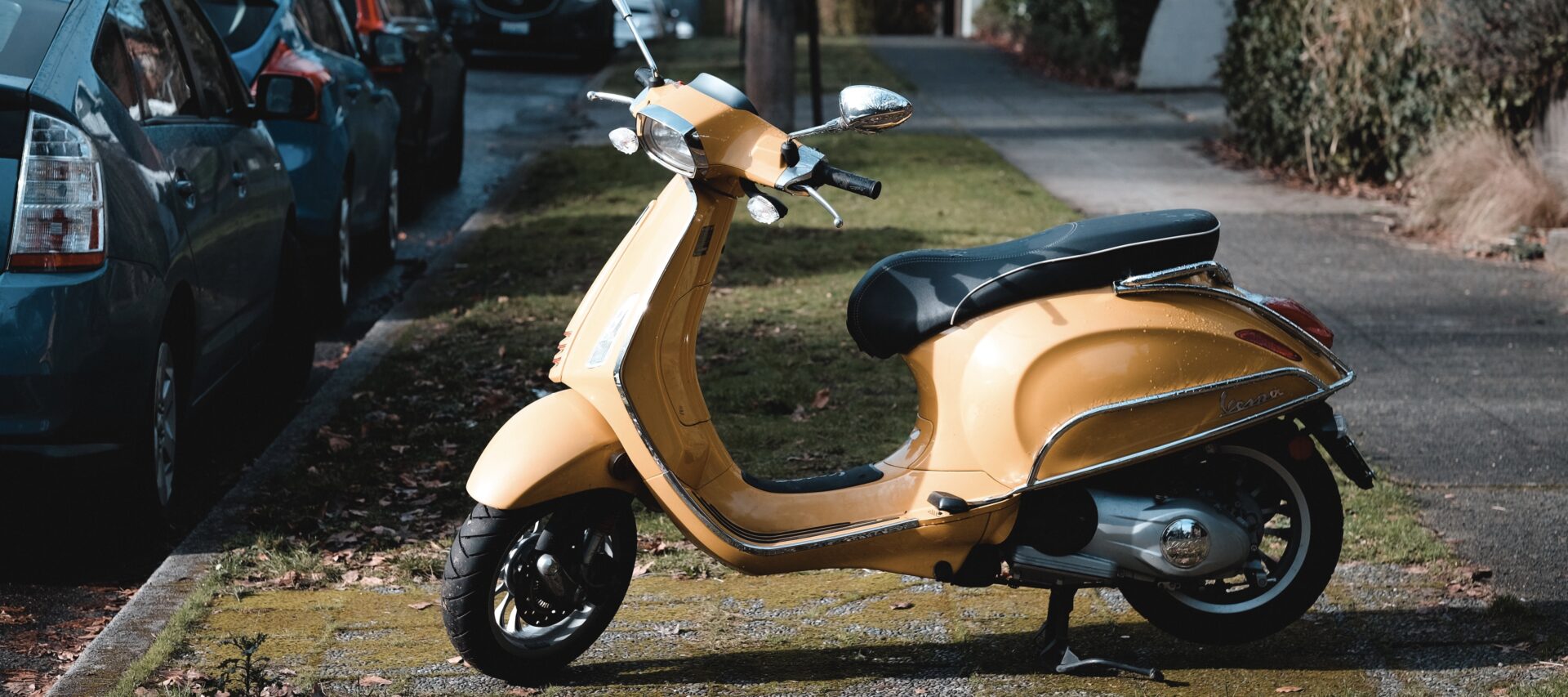
A (non-COVID) Public Service Announcement: Get PIP!
That’s it, just the one thing: get PIP.
Do you have PIP? Do you even know what PIP is? If not, you are in luck because we are here to break it down:
“PIP” stands for Personal Injury Protection and it’s a layer of coverage you can opt in for on your car insurance policy.
So take a look at the declarations page of your policy. If you don’t have PIP listed, it means somewhere along the way you’ve waived it. Big mistake. Huge.
When you have PIP, your medical bills get paid automatically through your car insurance company if you are injured in an accident involving a vehicle. Any accident. In anyone’s car. Actually, also if you are on your bike. Or walking. Even if you are the one at fault, in fact. Anything that involves a car and an injury to you, it most likely means PIP will cover your treatment to the extent of your policy limits with no out-of-pocket costs to you.
Sound pretty good, right? It is.
The minimum amount of PIP that insurance companies must offer their insureds in Washington state is $10,000.00. But you can also request higher limits, usually $35,000.00 or $100,000.00. We say the more the better, if you can swing it. The idea is that you never actually need it, but if you do, you will be tremendously grateful for the stress it relieves. And it is no small thing, to have your bills paid seamlessly and without handing over your own credit card when you have been injured unexpectedly and are sorting out the other implications of that to your life.
Don’t be fooled: having health insurance is NOT the same. Consistent coverage through a health insurance plan for accident-related care is iffy at best. Many plans have a hard limit to how many visits of certain types of treatment are allowed each calendar year, if they are allowed at all. Or, a hefty deductible must be met before the plan will covers single cent. PIP covers all treatment that is reasonable, necessary, and related to the accident, in full, without copays or deductibles, to the limits of the PIP policy.
Here are some other common excuses for not having PIP that we happily make invalid:
- “I’m saving money.” Nah. The savings ain’t much, especially compared to the benefit of having it. Usually adding PIP is not a big additional expense to the underlying premium – if you pay monthly, it is often just a few more dollars a month.
- “I have PIP but I don’t want to use it because opening any sort of claim with my insurance will spike my rates.” Wrong again! There are no penalties to you in using your PIP coverage. Insurance companies are actually prohibited by Washington law to penalize you for using it.
- “Not fair! This accident was some other guy’s fault, not mine. Don’t basic principals of justice dictate that my bills are paid by his company, not mine?” Well, yes, ultimately. But not right away, and not as you get treatment. Check out our post on how a liability claim against the at-fault driver works. You certainly have the right to recoup all costs from the at-fault driver, but it won’t happen for a while because that claim is resolved as one lump sum settlement. The liability claim is more of a long game, because it includes all other economic losses, wage loss, out of pocket expenses and pain and suffering. These things can take time to develop.
The most important thing after an accident happens is getting treated and getting better. PIP allows this to happen with little involvement or effort from you. And that is a GOOD thing.
We recommended maxing out on the limits available with your company, but even adding the state minimum $10,000.00 is good. You can add it even if you are in the middle of your current policy term – just call up your company.
We say: so worth it.
Lauren Adler is lead personal injury attorney at Dayani Law Firm. She offers free consultations and speaks clearly and honestly about your options after a car accident. Send her a message below or call directly for a consult at (206) 777-5627

